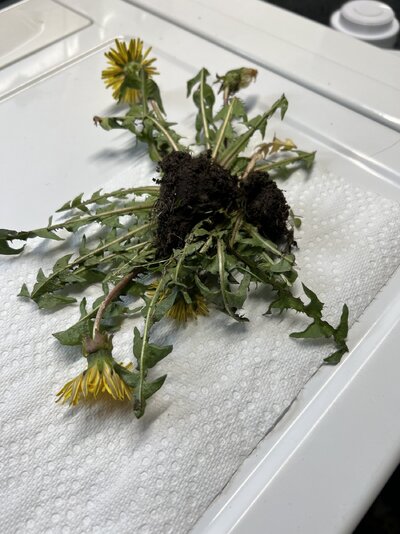LadychickAK
Chirping
- Apr 18, 2023
- 9
- 54
- 51
New chicks 4/22 they are probably 1-2 weeks old at most…can I give them a dirt clod with dandelion from the yard? If not what age works for this. What if there’s a worm in the clod? I mentioned the possibility to hubby…low & behold be comes in with one lol






